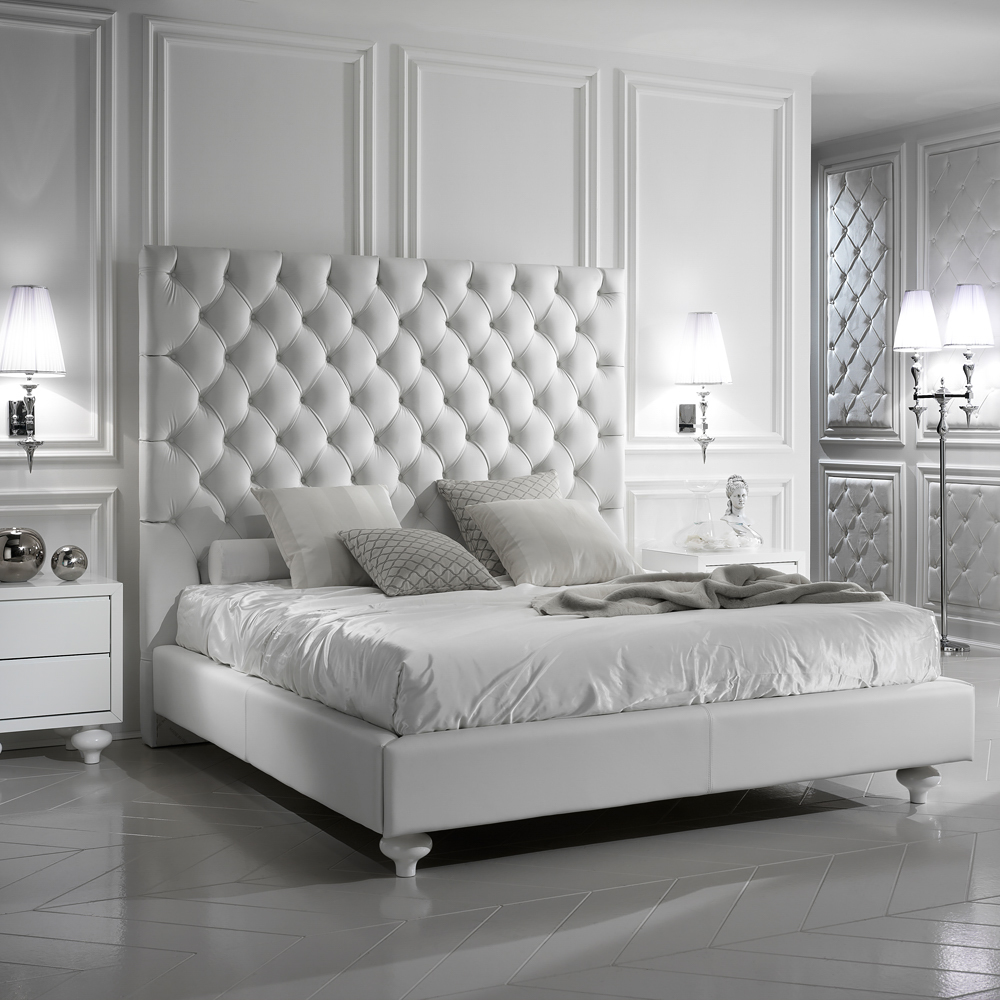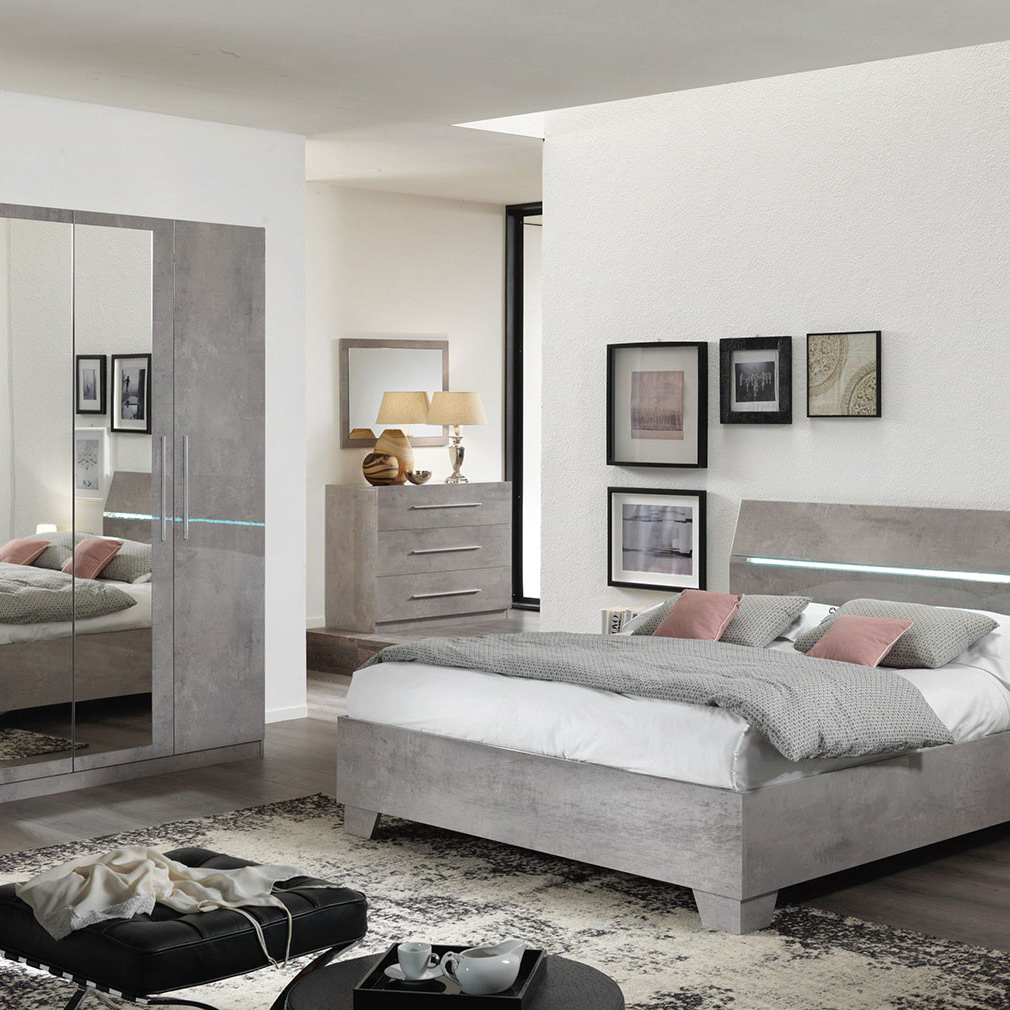Room and board are two of the most important parts of college life. They help students learn the responsibility and respect necessary for making informed decisions about their future. They also give students a chance to practice what they are learning and form lasting friendships.
When comparing room and board costs, consider where you’ll be living and how much it will cost to live on campus or off-campus. You’ll also want to know how much you plan on spending on food, which will depend on where you live and the kind of dining options your school offers.
The cost of room and board varies from state to state, but it typically averages around $11,620 per year at public and private four-year colleges, according to the National Association of College and University Business Officers. This includes all of the essential furnishings in dorm rooms and meal plans that provide access to on-campus eateries.
Dorms, apartments and boarding houses are the three main types of student housing on college campuses. Each provides different benefits to students and is best suited for certain situations.
Apartments
Many students choose apartments over dorms because they offer more privacy. They also often offer greater kitchen space and a higher degree of flexibility when designing their new home. In addition, many apartments feature larger bedrooms and more room for study than dorms offer.
They may also come with fewer rules, such as quiet hours and curfews. In addition, some apartments are located within walking distance of campus, which can help you avoid the extra expense of commuting to classes.
The process of renting an apartment or a house can be daunting. But with a little effort, most students can find an affordable option that suits their needs.
A student will usually start with an online search for a vacancy at their desired location. This can be done using rental websites, individual property sites and online classifieds. Once a student finds an apartment or house that meets their needs, they will need to complete an application and submit a background and credit check before moving in.
This can be a lengthy process, but it will pay off in the long run. If you rent an apartment or house, you will be able to earn income from it and use the money for your own living expenses, savings or even a trip home.
In addition, your tenant will likely be a responsible person and be able to care for the apartment or house, which is important in a landlord-tenant relationship. They will also be willing to make repairs and upgrades when needed, which can save you the hassle of doing it yourself.
When you rent an apartment or house, you’ll need to decide what type of rent you’re looking for. Some places will require you to pay a flat rate for the entire lease, while others will charge based on the amount of time that you’re staying.
If you’re going to be in an apartment for a while, it might be worth paying the extra few dollars to get a higher rate or a longer lease. This way, you’ll have a stable income and be able to avoid high rent increases or other unexpected expenses that could add up to more than the amount you paid for your apartment or house.





